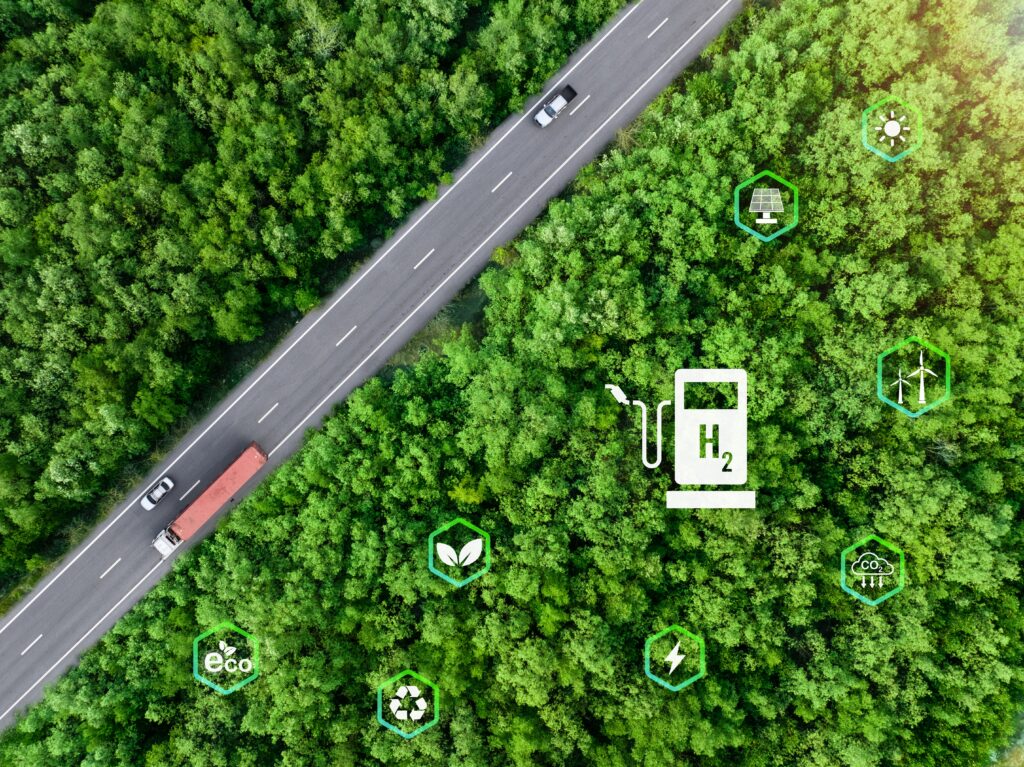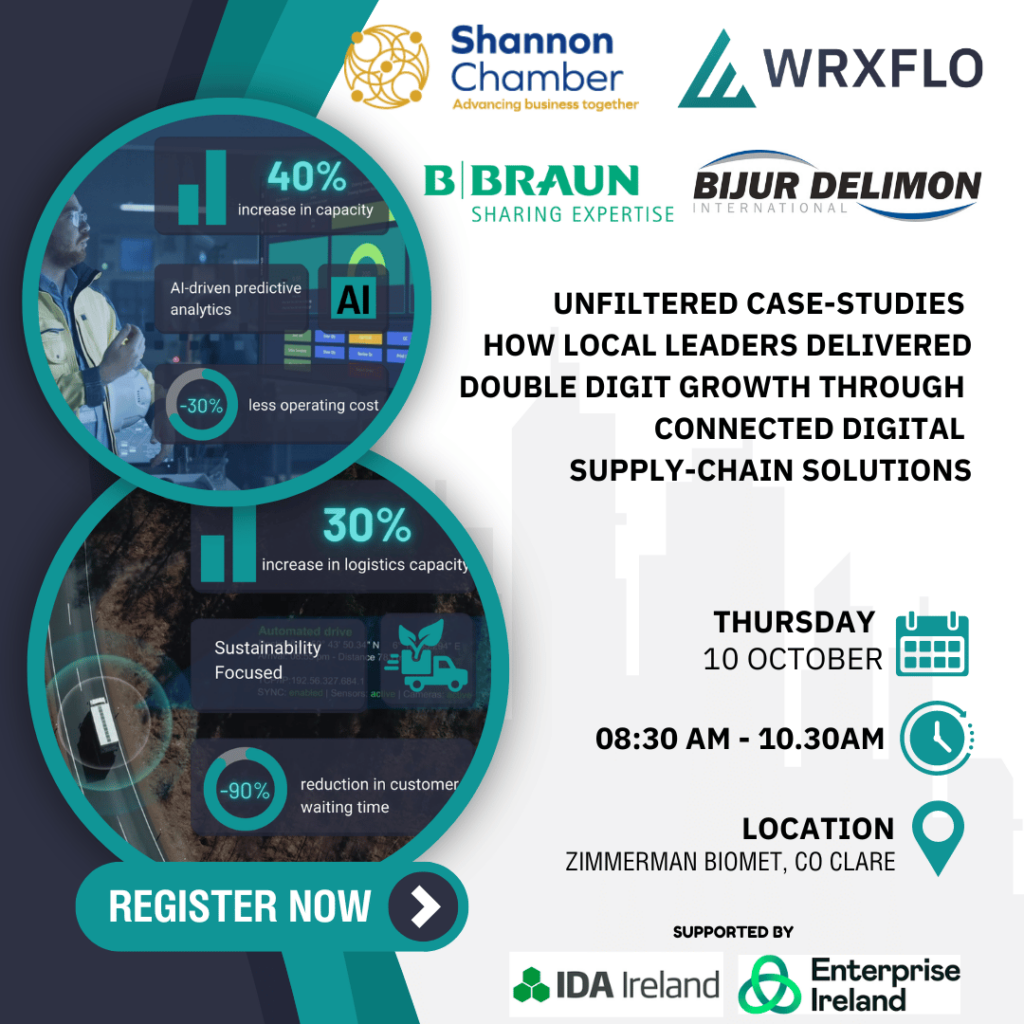
The challenge
Enhancing Sustainability in Transitioning to a New Logistics Model
When our customer decided to shift to a new Second-Party Logistics (2PL) and Third-Party Logistics (3PL) model, they faced substantial hurdles with their previous manual and paper-reliant processes. These processes involved transferring orders manually from their SAP system to their warehouses and issuing paper manifests, leading to inefficiencies and a high rate of errors and delays. The critical need was for a system that could not only automate these processes but also align with our customer's sustainability objectives by reducing their carbon footprint and waste.
The solution
Digital Integration with WrxFlo's Platform and Sustainability Module
To address these challenges, our customer partnered with WrxFlo to implement a digital integration solution. The project involved connecting our customer's SAP system directly to WrxFlo's platform, thereby automating the creation of digital picking lists and manifests for the 2PL. This integration facilitated a live view of the manifests for the 3PL, enhancing the efficiency of route generation and loading processes.
Crucially, the introduction of the WrxFlo Sustainability Module allowed our customer to monitor and reduce their carbon emissions across their supply chain effectively. This module captures extensive data from the end-to-end supply chain processes, translating it into carbon emission factors for Scope 1, 2, and 3 emissions. This not only supports our customer's sustainability targets but also provides them with real-time insights to make data-driven decisions.
The result
Achieving Sustainability Goals through Digital Transformation
- Efficiency and Time Savings: The implementation of WrxFlo's digital and sustainability solutions was completed within a stringent timeline of 4 to 6 weeks, enabling our customer to meet its operational deadlines effectively. The automation of document handling led to a marked decrease in delays and human errors, thereby improving overall operational efficiency.
- Reduction in Waste and Emissions: The transition from a paper-based to a digital system significantly reduced waste, contributing to our customer's sustainability targets. With the added functionality of the Sustainability Module, our customer can now track and manage their emissions in real-time, greatly enhancing their ability to reduce their environmental impact.
- Data-Driven Sustainability Management: The WrxFlo platform offers intuitive dashboards and trend analysis, which allow our customer to identify areas for improvement and track their progress over time. This capability ensures that sustainability is integrated seamlessly into their operations, facilitating ongoing improvement and compliance with environmental standards.
- Extended Impact and Expertise: Encouraged by the initial success, our customer is actively expanding their use of WrxFlo's digital solutions across other facets of its supply chain. WrxFlo's team of engineers and software experts, renowned for their expertise in lean methodologies and high-tech software solutions, continues to support our customer in achieving their sustainability and operational goals.
Moving Forward
Our customer's ongoing projects with WrxFlo highlight their commitment to integrating advanced technological solutions to manage and enhance sustainability within their logistics operations. The proactive approach in leveraging real-time data for environmental impact management sets a benchmark in the logistics industry, demonstrating how digital transformation can significantly contribute to achieving broader sustainability goals.





